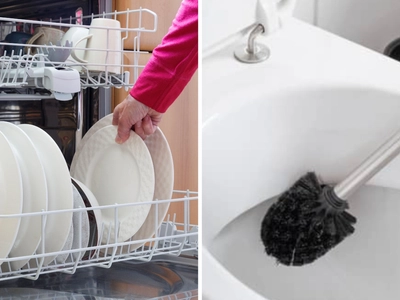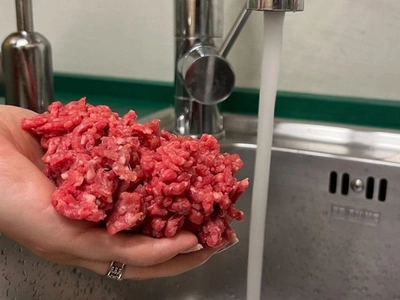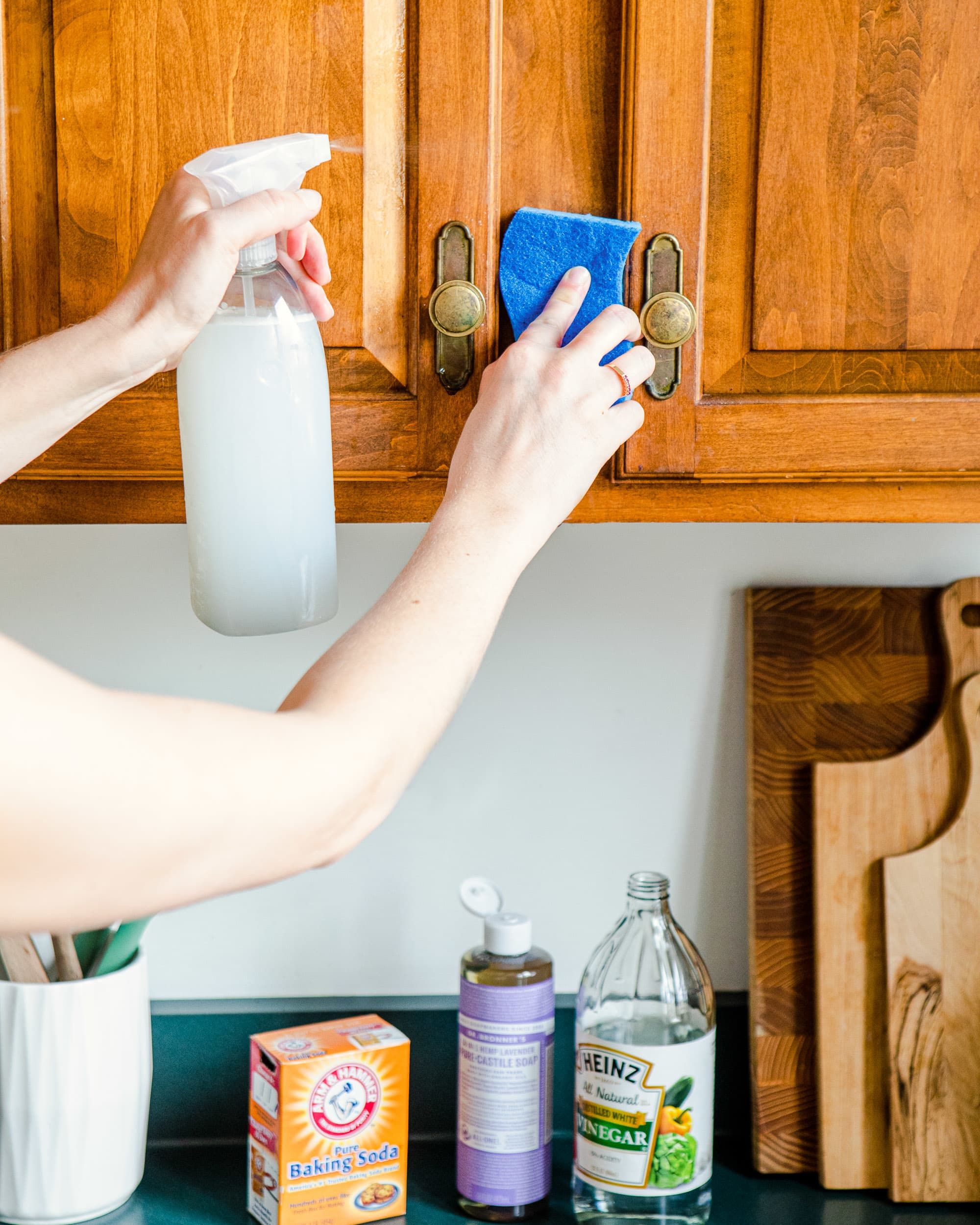Is It Safe to Wash Toilet Brushes in the Dishwasher? The Surprising Truth Behind This Household Debate
You think you've heard it all when it comes to household cleaning controversies, but then someone drops this bombshell: "I clean my toilet brush in the dishwasher." Cue the collective gasp, the horrified faces, and the immediate divided camps of "that's genius" versus "that's absolutely disgusting."
This isn't just about cleaning anymore—it's about the fundamental question of what's acceptable in the sacred space of your kitchen. And honestly? The answer might surprise you.
The Science Behind the Madness
Let's get one thing straight: your dishwasher is a sanitizing powerhouse. Running at temperatures between 140-160°F (60-71°C), it's hot enough to kill most pathogenic bacteria, including the nasty stuff you'd find clinging to toilet brushes—E. coli, Salmonella, and other fecal-oral transmission culprits that make your skin crawl.
But here's where it gets interesting. According to cleaning experts and microbiologists, the temperature alone isn't the whole story. The combination of hot water, detergent, and the mechanical action of the dishwasher spray creates an environment hostile to bacteria survival.
The shocking truth? Some researchers argue that a properly functioning dishwasher on a sanitize cycle is actually MORE effective at eliminating germs than the typical rinse-and-air-dry method most people use for their toilet brushes.
The "Ick" Factor vs. Reality Check
But let's be real—knowing something is scientifically sound doesn't automatically make it feel right. The psychological barrier here is massive. We're talking about the same appliance that cleans your dinner plates, wine glasses, and the utensils your kids use.
The opposition camp has valid concerns:
- Cross-contamination anxiety: Even if the dishwasher sanitizes everything, the thought of toilet germs mixing with dish germs feels fundamentally wrong
- Residual particles: Pre-rinse or not, there could be microscopic fecal matter lurking in those bristles
- The smell factor: Nobody wants their dishwasher developing an eau de bathroom fragrance
What Cleaning Professionals Actually Recommend
Here's where most experts land on this divisive issue: It's technically safe, but there are better ways.
The gold standard for toilet brush cleaning involves:
- Immediate rinse after each use with hot water
- Weekly deep clean by soaking in a bleach solution (1 part bleach to 10 parts water) for 10-15 minutes
- Thorough air drying in a well-ventilated area
- Regular replacement every 6 months minimum
Professional cleaners often use a separate sanitizing bucket with disinfectant solution, keeping toilet tools completely segregated from kitchen cleaning processes.
The Compromise Solution That Nobody's Talking About
What if there was a middle ground? Enter the "dedicated toilet brush dishwasher cycle"—some households run their toilet brushes through the dishwasher on the sanitize setting, but only when it's completely empty of dishes, followed by an empty rinse cycle.
Is it overkill? Maybe. But it addresses both the sanitization needs AND the psychological comfort level of keeping toilet germs out of your regular dish rotation.
The Bigger Question: What Else Are You Putting in There?
This toilet brush debate opens up a larger conversation about dishwasher boundaries. People regularly wash:
- Baseball caps and shoes
- Pet toys and dishes
- Garden tools
- Makeup brushes
- Even whole chickens (yes, really)
Where do we draw the line? And who gets to decide what's acceptable in the shared appliance space?
The Verdict That Will Settle (or Inflame) Your Household
Technically speaking, washing a toilet brush in your dishwasher's top rack on a sanitize cycle is safe. The science backs it up. Your dishes will come out clean and bacteria-free.
But practically speaking? It's a solution to a problem that has easier, less controversial answers. The bleach-soak method is simpler, doesn't require a full dishwasher cycle, and won't spark a family feud every time someone loads the dishes.
The real question isn't whether it's safe—it's whether it's worth the household drama.
Some battles are worth fighting. Some hills are worth dying on. Whether your toilet brush belongs in the dishwasher probably isn't one of them.
The Final Flush
At the end of the day, this debate reveals more about our relationship with cleanliness, boundaries, and household harmony than it does about actual hygiene. Every family has to decide their own comfort level with multitasking appliances and shared cleaning tools.
Just maybe warn your guests before they help with the dishes next time. Nothing kills dinner party conversation quite like discovering someone's dishwasher doubles as a toilet brush sanitizer.
What's your take? Are you team "desperate times call for desperate measures" or firmly planted in the "absolutely never" camp? The comments section is about to get very interesting.






